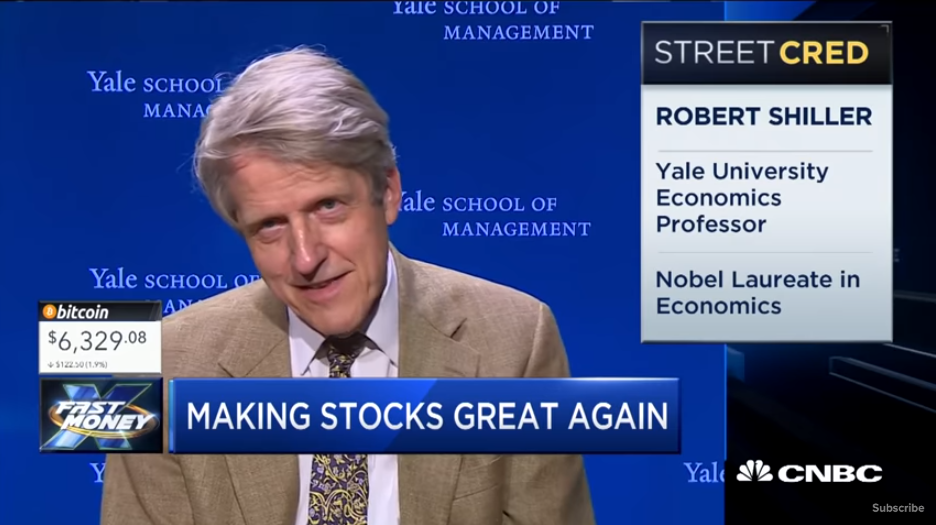Nobel Laureate and Yale economics professor Robert Shiller said the Federal Reserve’s July interest rate cut, the first cut in 11 years, was the catalyst for the following recession warnings because of the psychological harm it caused Wall Street.
“By cutting them and mentioning the word zero it put us in the same category as Japan during the lost decade. I think they shouldn’t have cut it to zero.”
“I think that there is a problem with cutting rates because it shows a sense of alarm,” Shiller said on CNBC’s “Squawk Box” Tuesday morning.
As the global economy has slowed and central banks have begun easing around the world as signs of recession are popping up, the U.S. Fed cut rates for the first time since the 2008 global financial crisis. It was only a 25-basis point cut, or 0.25%, and Fed Chair Jerome Powell called it a “mid-cycle adjustment” and said the “implications of global developments for the economic outlook as well as muted inflation pressures” were the main causes for the cut — leading some at the time to speculate it might be the only cut, sending markets downward instead of upward.
Shiller said the interest rate cut was less about cutting rates out of need, and more about what appears to be a global economic slowdown that the Fed was trying to get out in front of.
“The import thing is the narrative that they’re beginning. So when (traders) saw the rate cut for the first time in years, the 25 basis points doesn’t mean that much,” said Shiller, a best-selling author who has penned eight books on economics in addition to dozens of articles. “It’s more that they launched a new regime and that they’re worried about a recession.”
Since the rate cut, we’ve seen two of the worst days for trading of the year, including a massive 800-point nosedive for the Dow Jones Industrial on Aug. 14.
Stocks so far this week have been on the rise and all three major indices finished up more than 1% Monday.
“They must be aware that the public looks at the news and reacts to that more then they react to a 25 basis point change in rates,” he said.
Shiller then said cutting rates to zero in the throes of the Great Recession was too low, and when the Fed Chair mentions the word “zero” in regards to rates, or Zero Interest-Rate Policy (ZIRP), it spooks people into thinking another massive market crash is imminent.
“By cutting them and mentioning the word zero it put us in the same category as Japan during the lost decade. I think they shouldn’t have cut it to zero. They should have left it above zero. You don’t want to use the ‘Z’ word because it scares people.”
Most economists see at least one more rate cut in September, and likely another in December.
